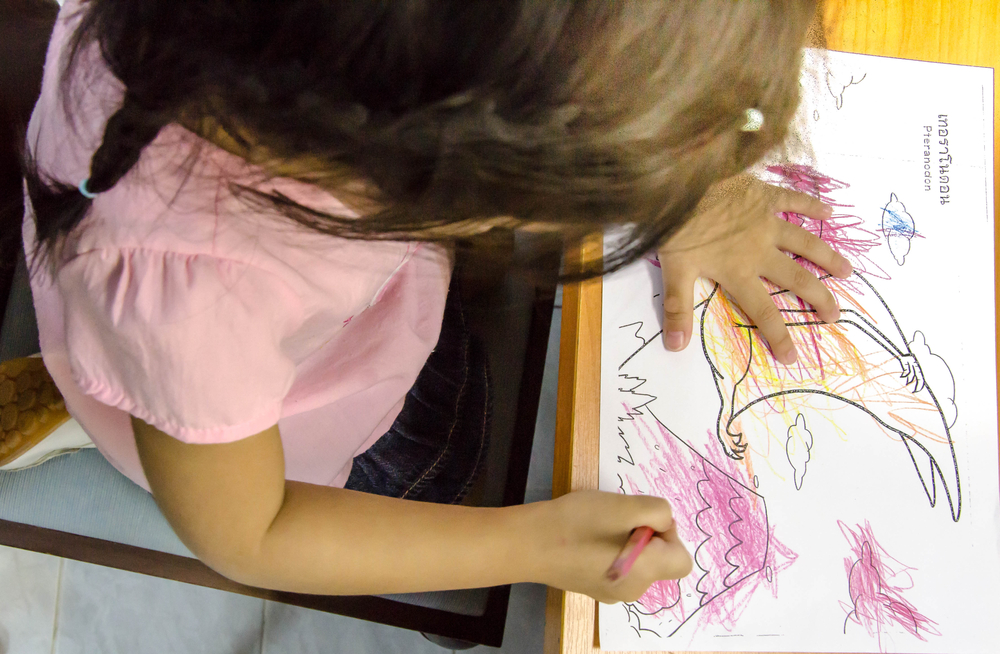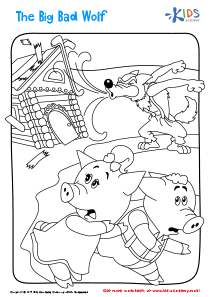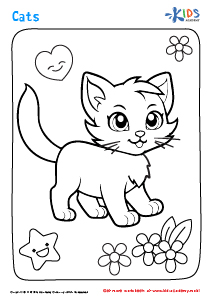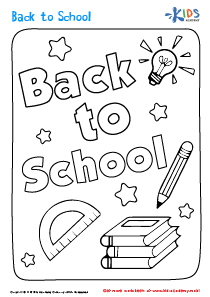Feelings and Emotions Worksheets for 8-Year-Olds
4 filtered results
-
From - To
Introducing our specially crafted "Feelings and Emotions Worksheets for 8-Year-Olds," designed to guide young minds on a journey of emotional discovery and understanding. These engaging worksheets are tailored to help children identify, express, and manage a wide range of feelings and emotions in a healthy and constructive manner. Through a series of interactive activities, puzzles, and scenarios, 8-year-olds will learn the importance of empathy, self-awareness, and emotional regulation. Perfect for both classroom and home settings, our worksheets offer a fun and educational approach to exploring the complex world of emotions, ensuring your child develops essential life skills in recognizing and articulating their feelings.
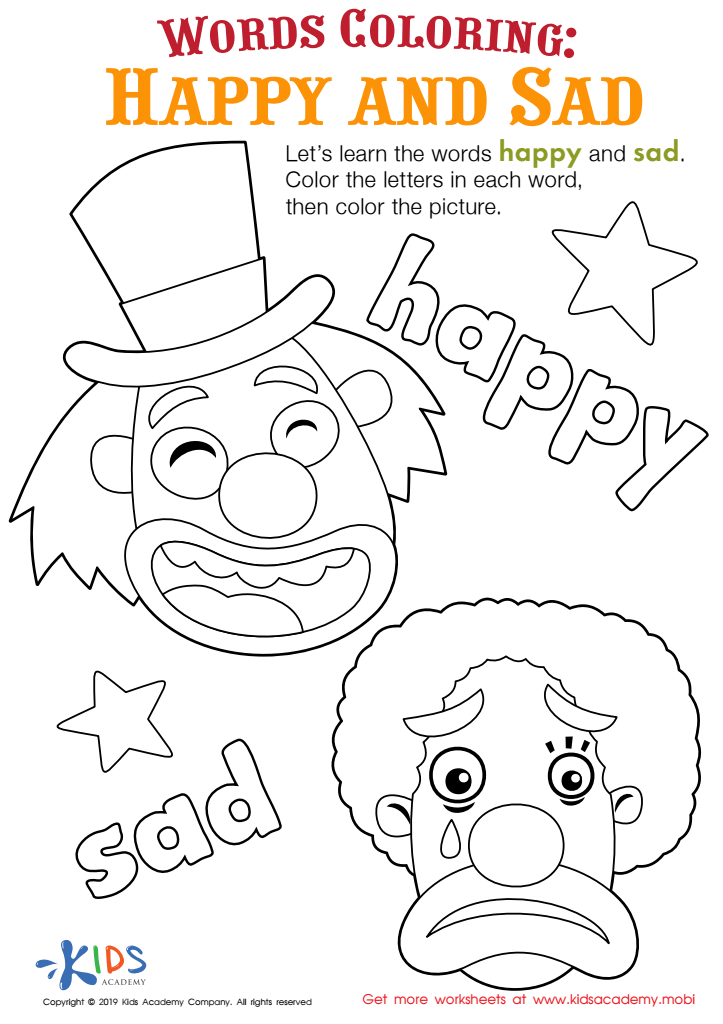

Happy and Sad Words Coloring Worksheet
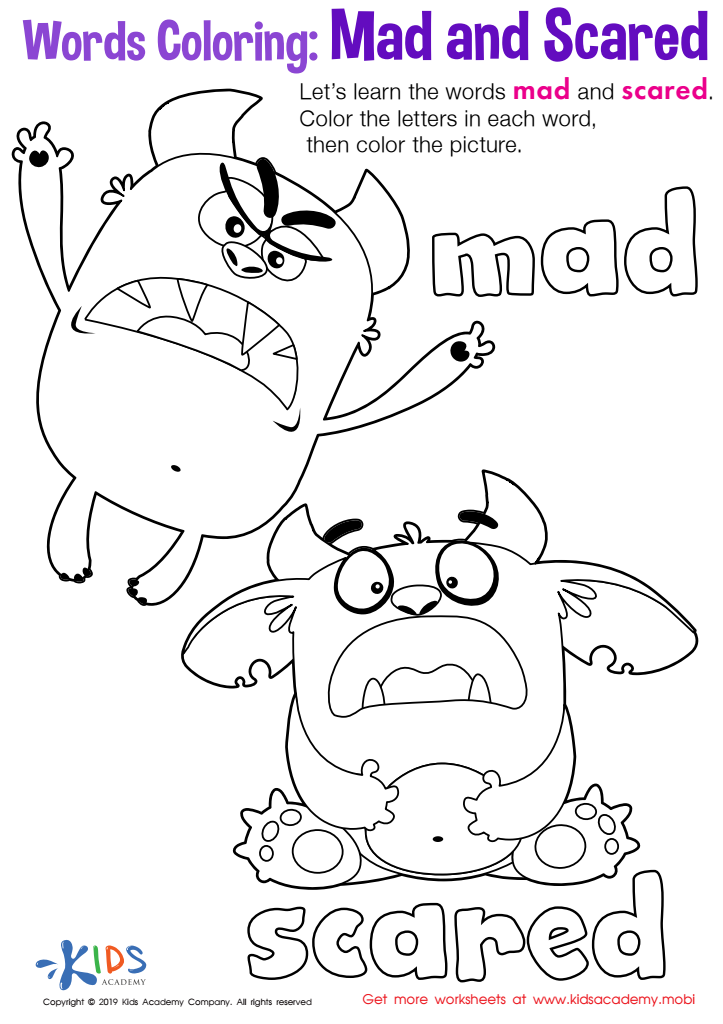

Mad and Scared Words Coloring Worksheet
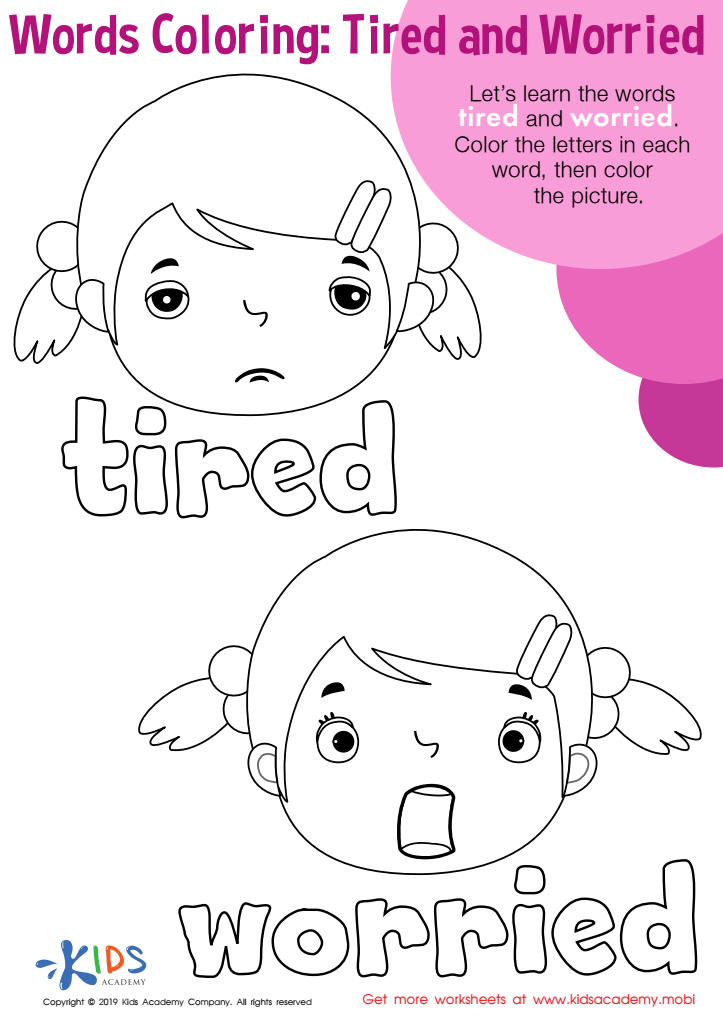

Tired and Worried Words Coloring Worksheet
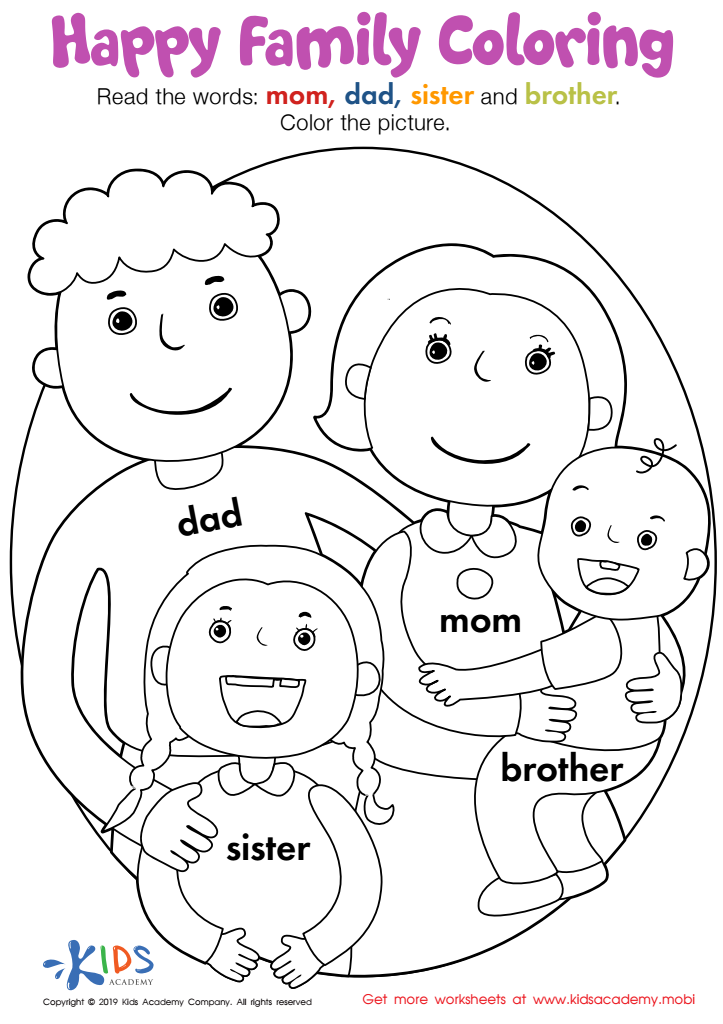

Happy Family Coloring Worksheet
Worksheets on Feelings and Emotions for 8-Year-Olds are an invaluable tool for helping children navigate the complex world of their own emotions and the feelings of others around them. At the tender age of 8, children are at a crucial developmental stage where they are becoming more socially aware, developing empathy, and starting to understand the nuances of interpersonal relationships. These worksheets are specially designed to cater to their developmental needs, offering age-appropriate exercises that encourage them to identify, express, and manage their feelings in healthy ways.
Engaging with Feelings and Emotions worksheets allows 8-year-olds to learn the vocabulary needed to talk about their emotions, which is a fundamental step in emotional intelligence. Through various activities, such as matching emotions to scenarios, coloring to express feelings, and story-telling exercises, children learn to recognize and articulate what they are feeling. This not only helps in their personal growth and emotional regulation but also enhances their ability to empathize with peers, fostering better relationships and a supportive classroom environment.
Moreover, these worksheets serve as a foundation for lifelong emotional health, teaching 8-year-olds that understanding and expressing their feelings is not only acceptable but encouraged. By integrating Feelings and Emotions worksheets into the learning curriculum, educators and parents can significantly contribute to the holistic development of children, equipping them with the emotional skills they need to navigate the world more effectively.
 Assign to My Students
Assign to My Students




